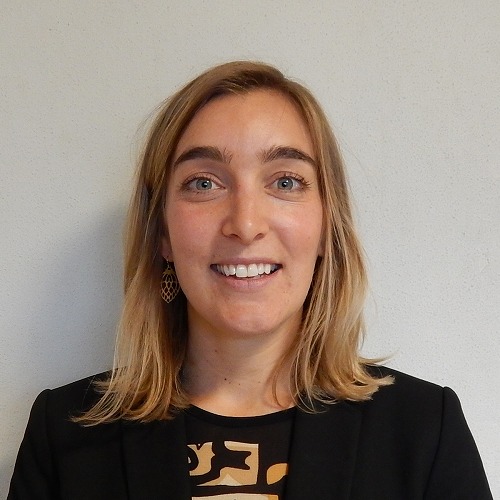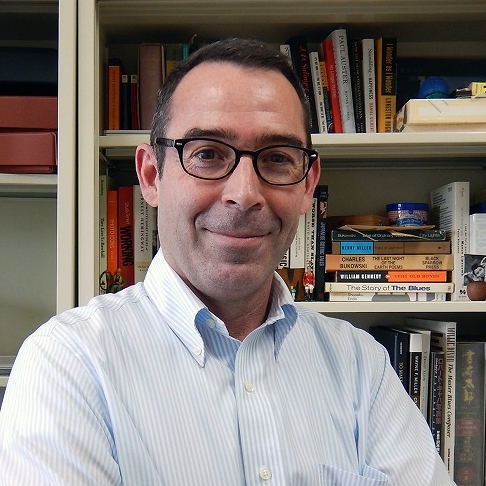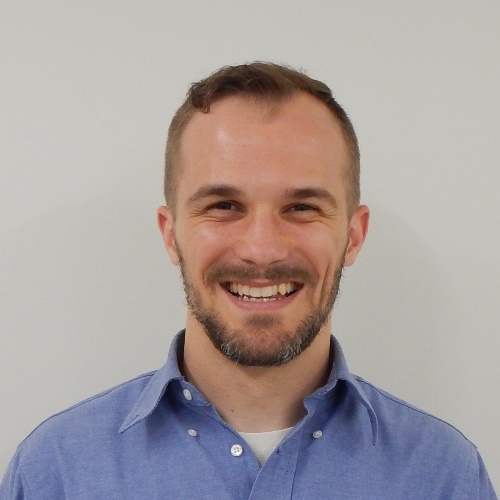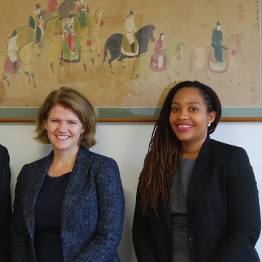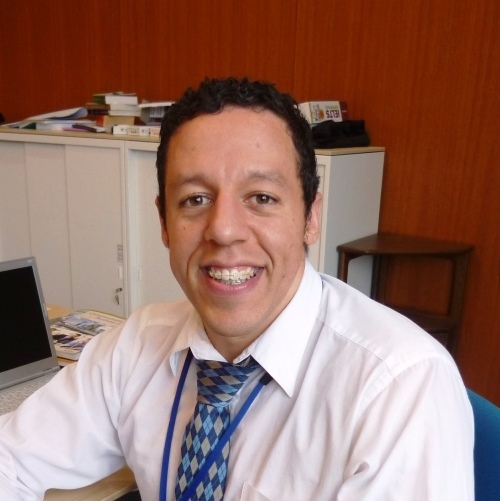KU-GLOCS is the general term referring to various globalization initiatives by Kanazawa University,
including its participation in the Top Global University Project (Super Global Universities).
KU-GLOCS
KU-GLOCS is the general term referring to various globalization initiatives by Kanazawa University,
including its participation in the Top Global University Project (Super Global Universities).
YOU & KU-SGU
"!" and KU-SGU
As Kanazawa University responds to globalization, it introduces a wide range of surprises (!),
unrestricted by existing boundaries.
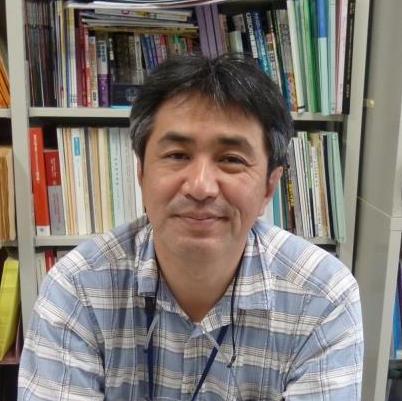

*Taking the program at the Kanazawa University Super Global ELP Center*
Professor, Faculty of Electrical and Computer Engineering, Institute of Science and Engineering
AKITA Junichi
In April 2015, the Kanazawa University Super Global ELP Center, which is one of the featured initiatives of the Top Global University Project, was opened. The center, in cooperation with Tufts University ELP (English Language Program), offers three programs: one for the faculty to improve their ability to lecture in English, one for the administrative staff to improve their business English skills and one for the students to prepare for their study abroad, including the TOEFL/IELTS test.
Here is the interview with Prof. Junichi Akita, who completed the pilot program.
-The pilot program was targeted at the faculty of the Institute of Science and Engineering. Why did you decide to participate in the program?
My boss, the Head of the School of Electrical and Computer Engineering, asked me to participate. But it’s not that I was forced to do. When I heard about this program, I thought it would be beneficial for my own faculty development. So I participated in the program in a positive way.
-You’d been interested in English training before that? Have you ever studied or performed research in foreign countries?
Actually, no. I’ve been abroad for a week or so to attend academic conferences. But I’ve never stayed in foreign countries for longer time for study or research. The turning point in regards of English was the time when I worked at Future University Hakodate.
-Future University Hakodate is a public university in Hakodate city, Hokkaido. The university is specialized in Information Science and the size of the university is much smaller than Kanazawa University.
I worked there for 4 years starting in 2000. The number of faculty members was only 50 to 60 in total, and I remember 8 of them were foreigners at that time. Some of them could not speak Japanese. As a matter of course, we have to prepare materials for meetings and write emails were both in Japanese and English. Also, some meetings were conducted in English if any of the members could not understand Japanese. In such ways, I was using English on a daily basis.
-How did that environment affect your attitude for English?
I became bold in English. Many Japanese, including myself, think “I have to speak English correctly” or “It’s embarrassing to use easy grammar learned in junior high school.” Then they feel awkward about speaking English. But when it comes to using English on a daily basis, there is no time to worry about it. The purpose of the conversation is not to show off your perfect English, but to communicate with each other. So if I desperately tried to convey what I wanted to say, they attentively listened to me even if my English was far from perfect. If I could not understand, I would ask them without any hesitation. Through these experiences, I started to feel easy about speaking English.
-That’s why you actively joined the program. The program consisted of on-site classes and online learning. On-site classes were conducted by the lecturers of the English Language Programs at Tufts University which were held for a week each in the spring and summer vacations. During the semester, the participants had to submit the assignments to the lecturers and got feedback from them through an online system. How was the program?
On-site classes were very fruitful, though unfortunately I couldn’t attend some of the classes due to a business trip and other appointments. Online learning was made of “Academic Writing” and “Teaching Method.” I guess that most of the faculty members at the Institute of Science and Engineering have never learned these two things comprehensively. “Academic Writing” is how to write a paper in English, in other words. In my experience, academic advisers correct their students’ papers written in English, so, in many cases, how we write papers in English is more or less influenced by how our academic advisers did it. Some of them might think “Why do I have to learn what I already know?” But, for me, it was a good opportunity to learn what I know by experience, in a comprehensive way. I think it will help me to give advice to my students, and I can say the same for “Teaching Method.”
-What changed before and after the program?
In the on-site classes, I taught a mock class with the same contents in both spring and summer. In summer, I changed some parts which were pointed out in spring, and the lecturer appreciated that. I was happy about it. Also, I found that asking questions and giving feedback about other participants’ presentations were good for my own learning. I tried to ask questions as much as possible with my boldness for English.
-In the Kanazawa University Top Global University Project, we aim to increase the number of courses conducted in English to 50% of the all courses in undergraduate and 100% of those in graduate in 2023. Do you offer courses in English?
In a seminar style graduate course, I’ve been asking the students to make presentation materials in English for a few years. Also, I’m planning to conduct a lecture style undergraduate course of in English in the next semester. The materials for the lecture, as well as the lecture itself, will be in English.
In the School of Electrical and Computer Engineering, graduate students have to write the abstract for their master’s thesis in English. After graduation, they will have opportunities to write and read research papers in English, or to work together with foreigners. In view of their future, we have to train them to understand the technical terms and expressions of their major in English. These things are not taught in the courses for English proficiency test such as TOEIC. So, I believe that it’s important to use English in specialized courses.
-Because there are few courses conducted in English in the College of Science and Engineering, your trial sounds appealing. Lastly, would you like to give a message to the faculty members who are interested in the program at the ELP center?
I strongly recommend this program because the program is beneficial not only for your courses, but also for your own research and ability to provide guidance to your students. I strongly recommend this program. Don’t think about taking it just someday, by all means apply at the earliest opportunity. Next is your turn to join the program!
-The university has been experiencing various changes due to the reforms in education for the Top Global University Project. Through the interview, I found that you think about those changes in a positive way, and are dealing with them sincerely. Thank you very much for your cooperation!
(Interviewed in September, 2015)
Look more other posts in this category
-
Tufts University
International Student and Scholar Advisor, Internatiolnal Center
Whitney SULLIVAN -
Faculty of Foreign Language Studies, Institute of Liberal Arts and Science
Associate Professor
Mark HAMMOND -
Tufts University
International Student and Scholar Advisor, Internatiolnal Center
Patrick HIMES -
Tufts University
Office of Student Affairs
Mary Patricia MCMAHON and Nandi BYNOE -
Kanazawa University Super Global ELP Center
Assistant Professor
James ROSENBERG
